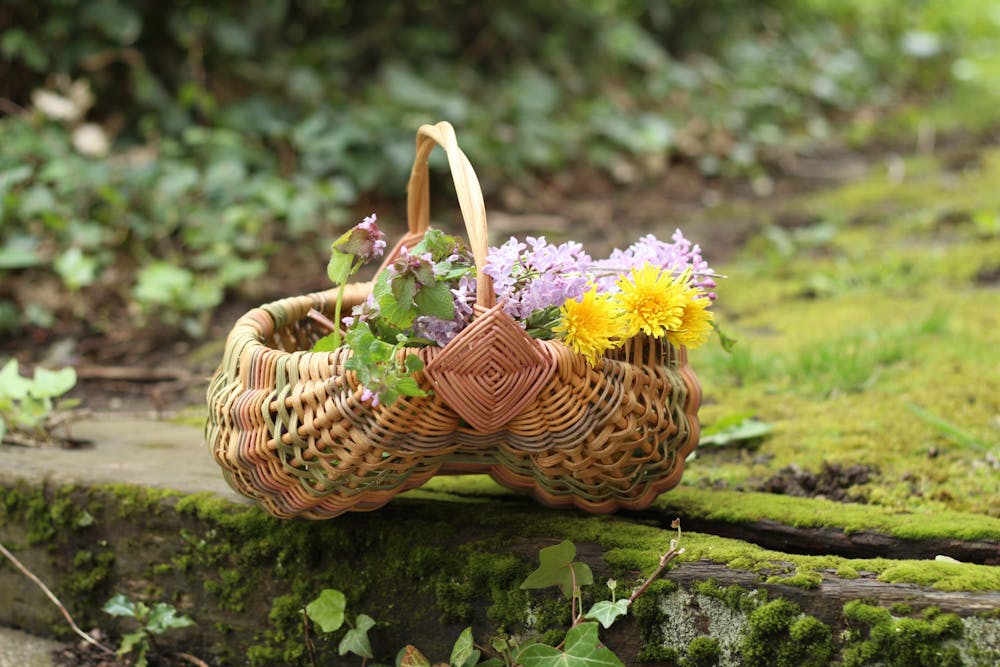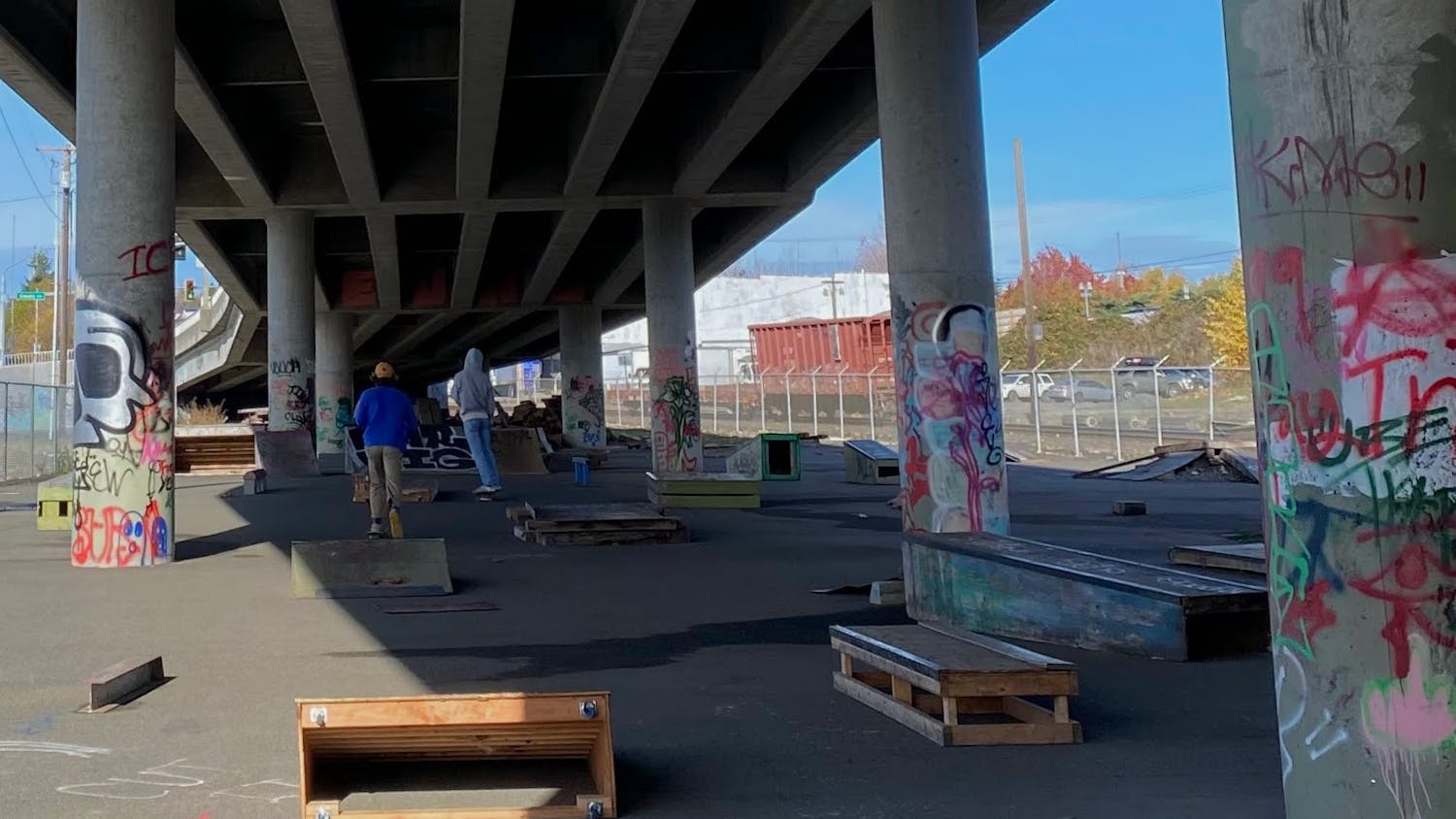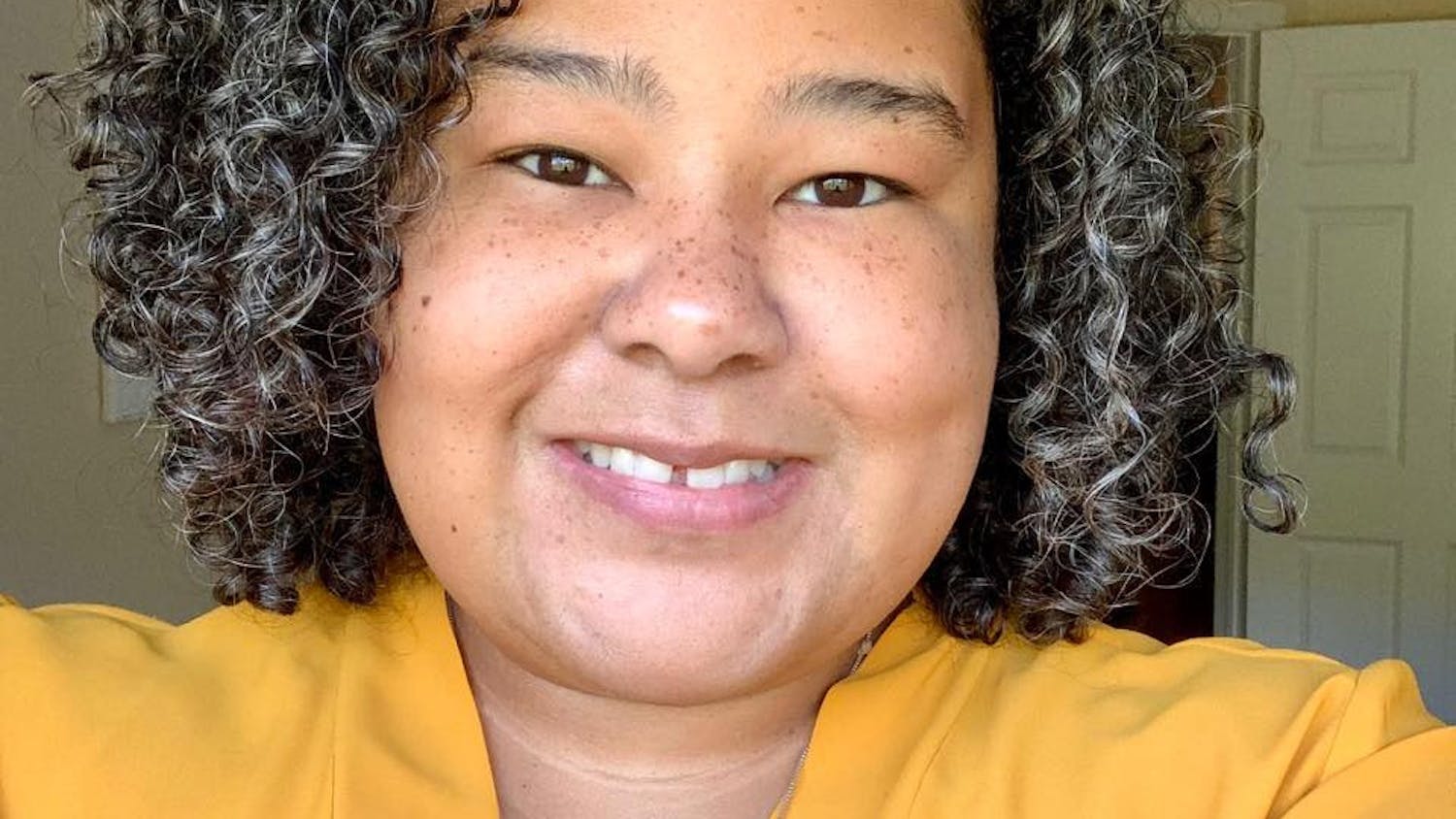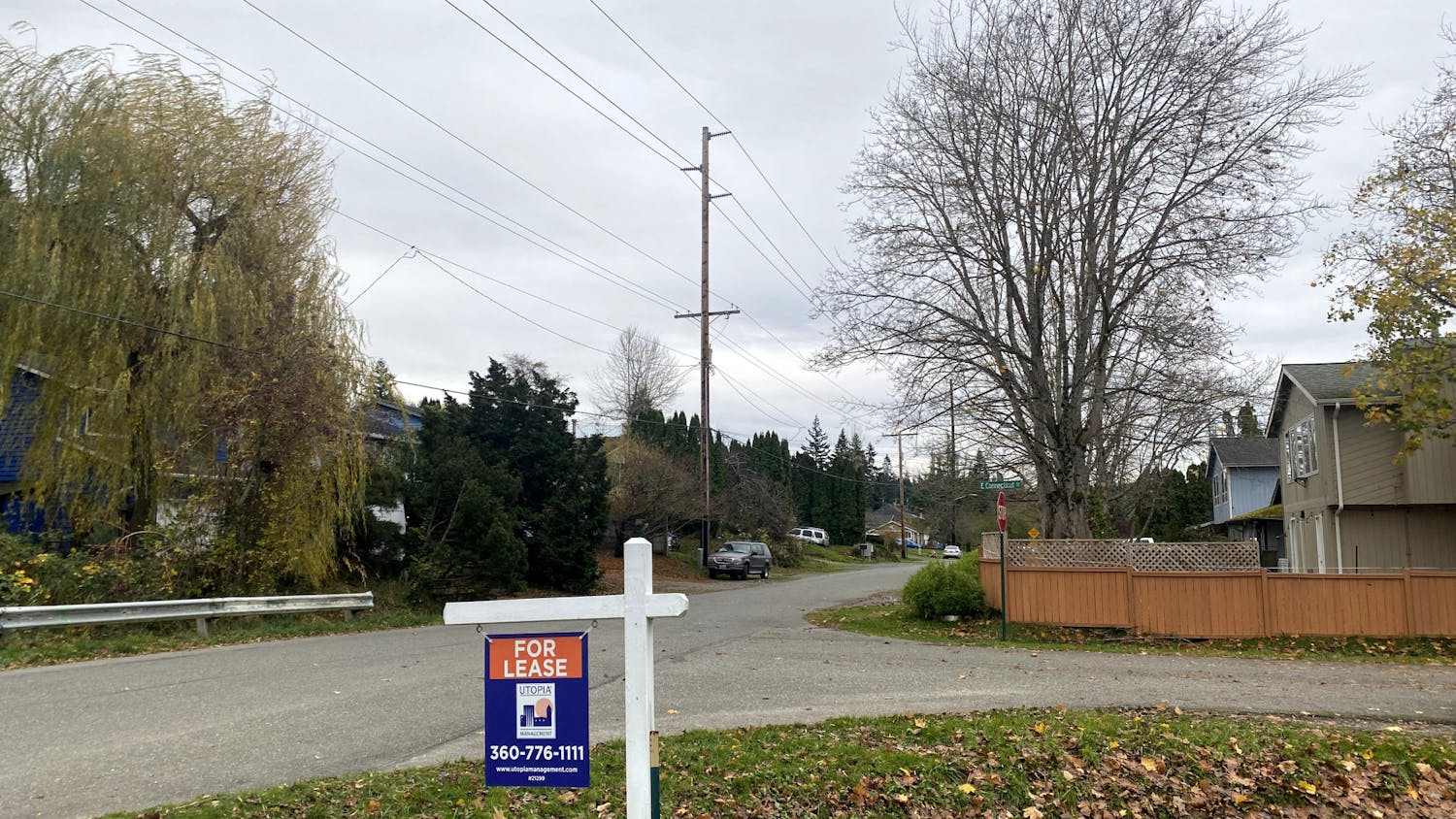Although Washington offers opportunities for foraging year-round, spring brings longer days and warmer weather to Bellingham, offering ample opportunity for its residents to explore the outdoors.
Bear Greene, a board member of the Northwest Mushroomers Association, grew up in Michigan and began foraging as a child. Greene and his wife, Rabbit, own Sage Leaves Farm in Bellingham which produces healing extracts from sustainable farming guided by the principles of Indigenous land management.
Greene said that Washington residents are lucky because of how the landscape offers ample opportunities for mushrooms, berries and nut harvesting.
“For me, there is no typical day of foraging,” Greene said. “They range from a planned trip to target a specific harvest window to a quick stop along the road because something caught my eye. There can be a great amount of intention put into foraging or it can happen spontaneously by being present.”
WildCraft Studio teacher Lorelle Sherman began foraging over 10 years ago while attending the University of Vermont where she earned her bachelor’s degree in wildlife biology.
Sherman relocated to Corvallis, Ore. where she earned her master’s degree in forest ecology from Oregon State University during the pandemic.
“There’s a lot of misinformation out there on what you can eat, what’s sustainable, harvest regulations and all that,” Sherman said. “I think it's really important to go out and connect in a face-to-face format with someone in your local area so that you can learn the specifics of where you are.”
Kate Conway, the Outback Farm’s permaculture coordinator, also recommends foraging in groups.
“It’s awesome to have a buddy and chances are they’re going to know different things, and then you can bounce ideas off each other,” Conway said.
Their number one tip for foraging is: “Be 500% sure what it is before you eat it.”
Conway, Greene and Sherman recommend using the iNaturalist app when identifying plants.
iNaturalist is a forum for identification and exploring. The app’s camera offers species suggestions, allowing for comparison with other users’ data.
While foraging is a wonderful way to explore the nature surrounding Bellingham, it is important to check local guidelines regarding where to harvest, and which plants are ethical to take. The Bureau of Land Management offers Forest and Wood product permits, which are required to harvest in certain areas.
The Washington Secretary of State’s foraging guide explains that foragers should respect Indigenous harvesting sites.
“These foraged species can be of great importance to Indigenous communities,” the guide explains.
“Researching the land you’re on and the conservation status of the plant you’re harvesting is imperative,” Sherman said. “In some regions or states, a plant may be threatened. You may be held to different standards of foraging in different states.”
Conway and Sherman both abide by a 1-in-20 rule for native plants, which means only harvesting 5% of the total number of plants in an area. This practice ensures the survival of the species and preserves biodiversity. Some plants, such as the species pictured above, dead nettle, sage, dandelions, and lilac, are non-native and can be harvested in larger amounts.
If you’re planning to forage this spring, Conway recommends a raincoat and basket.
“The most important things I bring foraging, the things I always have on hand, are my hands,” Greene said. “If you are after mushrooms, fruits or nuts all you need in addition is a bag or mouth to deposit your harvest. I wear gloves for anything more intensive than picking or when picking defensive plants.”
Greene recommends sturdy work gloves, a knife, shears or Kama for herbaceous plants, pruners or loppers for woody material, a shovel for digging roots, and a Hori hori for digging roots and scraping bark.
The Northwest Mushroomers Association is located in Bellingham and offers events for those interested in mycology courses. WildCraft Studio School is based in Portland and offers in-person and online foraging courses.
Ani Lowe (she/they) is reporting for City Life for The Front. They enjoy going on hikes with their dog, bouldering and making art.
You can contact them at anilowe.thefront@gmail.com.






